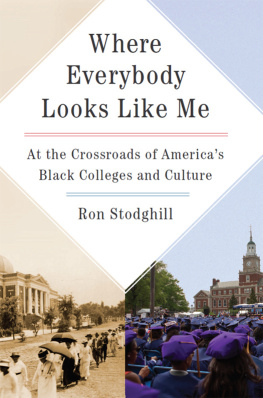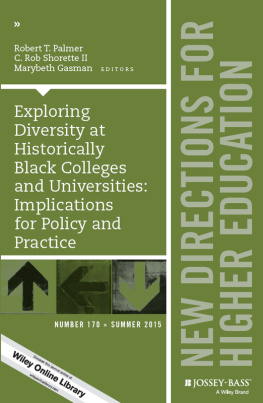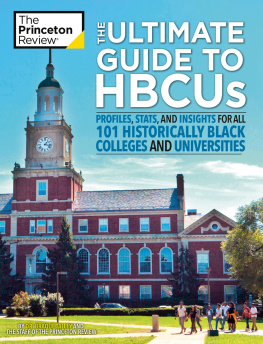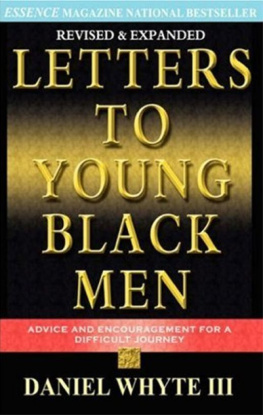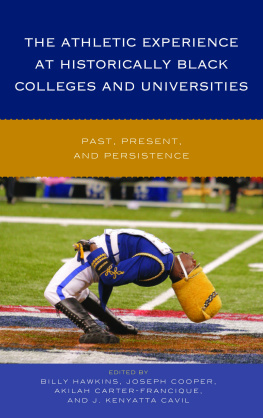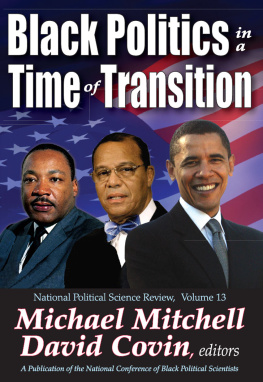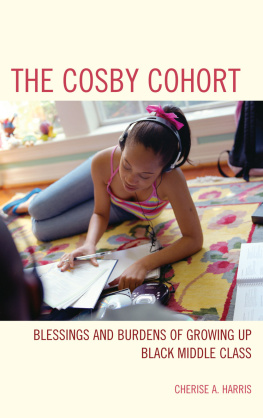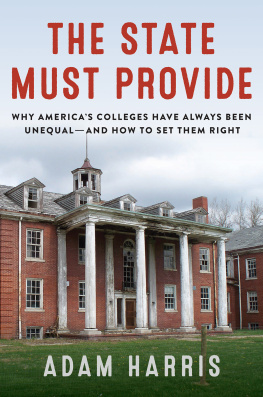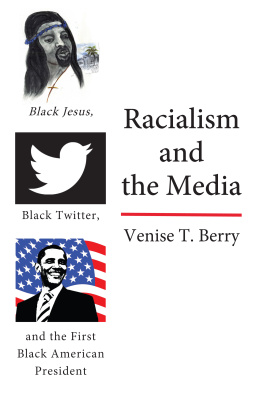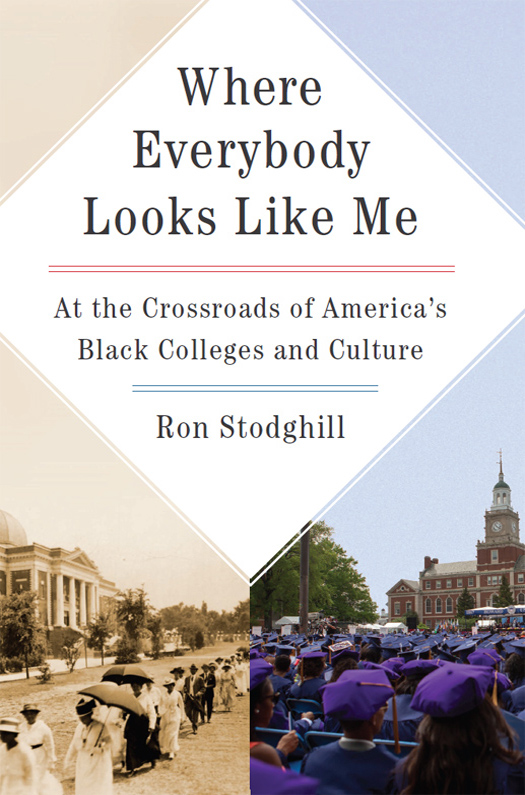CONTENTS
Guide
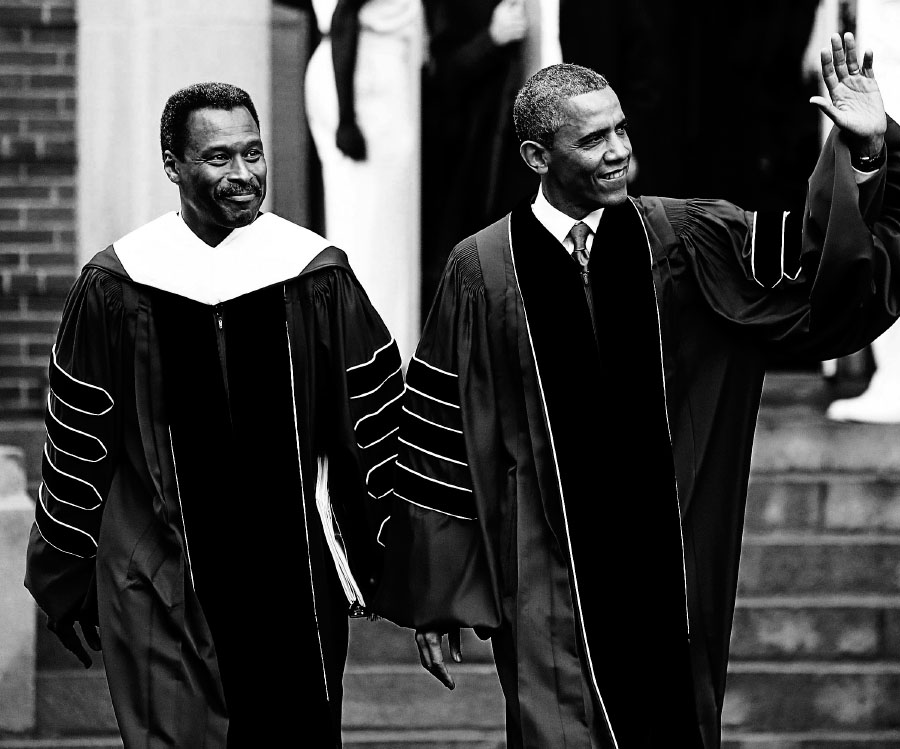
President Barack Obama and Morehouse College president John Silvanus Wilson arrive at the all-male schools graduation ceremony in Atlanta, Georgia, where President Obama delivered the 2013 commencement address.
(Curtis Compton/Corbis)
JUST RELAX, BROTHER. DIDNT I TELL YOU I had this covered?
Renee Higginbotham-Brooks, the petite fireball attorney and longtime Howard University trustee, said the voice startled her; the familiar boardroom baritone cutting hard into her sleep that morning. She recounted the story sitting in the nook of her spacious kitchen in Fort Worth, Texas, the bright sun pouring across the swimming pool out back and then through wide rectangular windows. The house was quiet save for the autumn breeze rustling the groves of trees in her cul-de-sac. She sat at the table sipping her coffee and searching her memory for the moment, the exact moment, when she sensed that her beloved Howard Universityand frankly black colleges overallhad hit a new bottom.
Everythingll be fine. Trust me.
Higginbotham-Brooks said she recognized that commando voice instantly as none other than Barry Rands. Addison Barry Rand, the black corporate powerhouse whose admirers arced rainbow-like from Avis to Xerox to the silver-hairs of the AARP, over which, at the time, he reigned.
Higginbotham-Brooks was in her early sixties, fair in complexion, with a slight accent true to her small-town Southern belle roots in Martinsville, Virginia. Her voice was high-pitched and feathery, but she was not a delicate woman. She was tough, the sort who curses and coddles with the same bemused curl of her lips. Higginbotham-Brooks said that in her early-morning haze she, too, half-wondered whether the intrusive voice was merely her dreaming. The past few days, she recalled, had been rough. H. Patrick Swygert, Howards longtime president, was retiring, and the board of trustees had been working furiously to not only identify his successor, but to keep Howard on course during the transition. In ways Higginbotham-Brooks had never imagined, her beloved alma mater, Howard University, had begun to stumble. Its finances were weak, student enrollment was soft, and the facultywhich hadnt enjoyed a pay increase since wheneverwas becoming bitter.
To the casual observer, the erosion was virtually imperceptible, yet Higginbotham-Brooks saw clearly the dismal trend lines at Howard and in higher education generally; from skyrocketing tuition, to crushing student debt, to shrinking wages for graduates. She knew that Howard, more than ever, needed a leader capable of preserving and expanding the universitys preeminence even during this time of broad chaos throughout higher education. Founded in 1867 and based in the heart of Washington, D.C., Howard University had produced some of the nations most important figures, and she refused to stand idly by and watch such an august institution wither away.
Higginbotham-Brooks stood as she described her next move: how she stepped gingerly across the carpeted room of Washington, D.C.s Fairmont Hotel, and how she found her worst suspicions confirmed. There on the other side of her hotel room wall, in the adjacent parlor, were the sounds of a kind of postgame celebration, she sayslots of conspiratorial chuckling and back-slapping between Barry Rand and Sidney Ribeau, who the previous evening had been tapped by the board of trustees as the future of Howard, the sixteenth president of the eleven-thousand-student university. Here is her account of the meeting:
Man, I didnt know if it was going to happen, Sidney Ribeau said. I mean, I was sweating bullets there for a while. I didnt know if we were going to be able to pull this off.
I told you not to worry, that I was going to make sure it happened, Barry Rand told him.
Higginbotham-Brooks heard a laugh, then a clap, and figured the guys were high-fiving. The moment sickened her. These guys were buddies; she knew the truth: Sidney Ribeau was the brother of Barry Rands ex-wife. She had told Rand, warned him, when Ribeaus name came up at the start of this search process, that he should recuse himself. He claimed he barely knew Sidney. He was just a kid when I was married to his sister, she recalled him saying. Barely knew him, huh? What a crock! It didnt matter to her that fellow trustees and presidential search committee leaders Colin Powell and Richard Parsons tried to clean things up, publishing a letter to the editor in the Washington Post. Despite no communication between these two men in more than thirty years, Mr. Rand, upon learning of Mr. Ribeaus prospective candidacy, recused himself from voting, the letter said. At our request, however, he participated in deliberations.
What Higginbotham-Brooks viewed as Rands ethical breachdespite what anyone told herdidnt especially shock her. Unlike many of her swooning colleagues, she had never warmed much to Barry Rand. There was something about the man she didnt quite trust; that cocky, old-boy how dare you question me testosterone that nearly soaked through his pinstripes. She respected the mans professional record, which included, among other things, winning not one, but two coveted Malcolm Baldrige National Quality Awards during his days at Xerox. Sure, Barry Rand knew his stuff. The man is smart as helltheres no denying that, she said.
Her real problem with Rand was simply this: for the past couple of years, as chair of Howard Universitys board of trustees, his performance, in her humble opinion, had been plain lousy. Under his stewardship, she felt that Howard University had turned a blind eye to a storm of potentially life-threatening forces, from steep declines in federal support to falling enrollment to a money-draining research hospital. While Higginbotham-Brooks had not yet brought herself to express it, she suspected many of Howards woes stemmed directly from Rand himselfor more specifically from what she viewed as his backroom style of governing.
Man, this was the best thing to happen for Paula and me, Sidney Ribeau said, referring to Howards new First Lady. Were so happy to get out of the boonies. You know, Paulas been going crazy out there in Bowling Green.
Bowling Green, Ohio, population thirty thousand, was the Rust Belt town where Ribeau had been president at Bowling Green State University for the past thirteen years.
Its going to be okay, brother, Barry Rand said. Now lets talk about your contract. How does this sound to you? Five years?
Yeah, five, thats fine...
How about the money? Its like $597,000. But theres like fifty thousand for Paula to have this executive search firm to find her a job.
Man, Paula dont need no job. Shes gonna be with me. Just put that fifty on the bottom line. Cant you do that?
Yeah, that should be all right.
The men carried on like this for several minutes, according to Higginbotham-Brooks, one pal hammering out the compensation package for the other. Rand, for his part, declined to comment on Higginbotham-Brookss version of events. Stacey Mobley, a Washington attorney and Rands successor as board chair, acknowledged Higginbotham-Brookss recollection of a clandestine negotiating session between Rand and Ribeau at the Fairmont Hotel. But Mobley, speaking on the boards behalf, characterized any such meeting as inconsequential. The boards compensation committee hammered out that deal, as was customary. Whatever suspicions she harbored were misguided, Mobley said.

